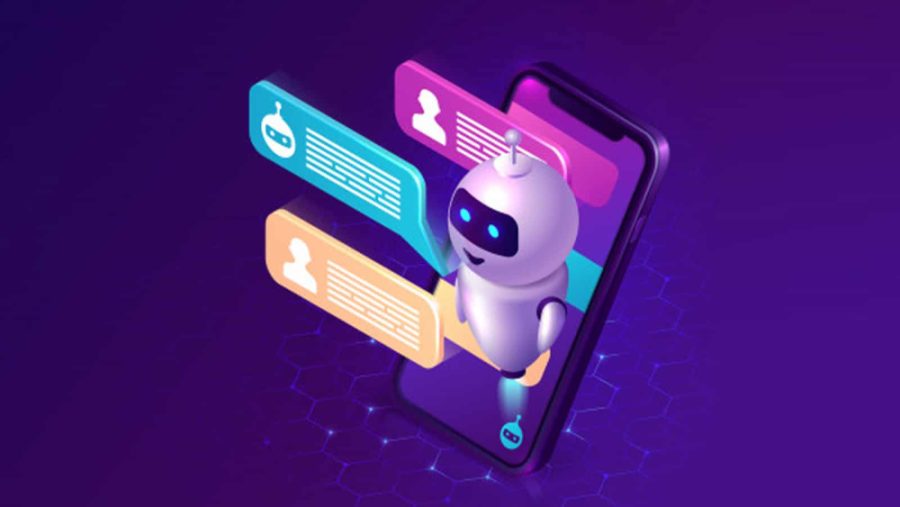OpenAI released GPT-3 in 2020 and used an improved version, GPT-3.5, to create the popular chatbot that took the internet by storm two months ago — ChatGPT.
During an interview with StrictlyVC, Altman answered many AI-related questions, including questions about the much anticipated GPT-4 language model. When questioned about GPT-4 release timeframe, Altman said:
As soon as OpenAI mentioned the upcoming GPT-4 model, the most excitable members of Silicon Valley and the AI community started calling it a big step forward and making wild predictions about it, particularly about the model’s number of parameters.
Responding to a question about one viral (and incorrect) chart that compares parameters in GPT-3 (175 billion) to those in GPT-4 (100 trillion), Altman said it’s far from the truth:
Altman continued by saying,
The AGI Altman spoke of refers to artificial general intelligence, an AI system with its own emergent intelligence and at least human-like capabilities across various fields.
Altman confirmed that OpenAI would soon add a video-generating model to its lineup of AI-powered tools without providing a timeframe for its release. “It will come. I wouldn’t want to make a confident prediction about when,” said Altman. He further went on to say:
Talking Freedom, Education, and Competition With Google
During the interview, Altman shared his view on the need for AI models with different viewpoints, saying:
From that, he went on to say,
He ended by saying:
Regarding the issues related to the chatbot and the educational system that led to educators complaining about the possibility of their students cheating by using the AI-powered tool, Altman said that OpenAI and others are working on a solution.
While talking about the possible introduction of watermarks and similar techniques meant to help educators identify the work of AI, Altman said that focusing on that for too long is futile because a “determined person will get around them.”
Altman believes we all need to adapt to generated text, mentioning how calculators changed what we test for in math classes. He said this is just a more extreme version of that.
When asked about the future of AI and the possible transition to AGI, Altman said the shift to more advanced technology might not be as abrupt as people expect it to be:
He believes the gradual transition is a good thing because society needs to prepare for AGI and get ready to live with it. He argued that,
With the success of ChatGPT and rumors of a ChatGPT-powered version of Bing, Altman commented on the predictions that OpenAI might be the end of Google by saying:
He ended by saying,
Read More Software News:
Microsoft to Cut 5% of its Workforce as Global Economic Slowdown Bites
Elon Musk Revises Twitter Blue Pricing as he Seeks to Transform the Company



Discuss This Article
Add a New Comment /Reply
Thanks for adding to the conversation!
Our comments are moderated. Your comment may not appear immediately.